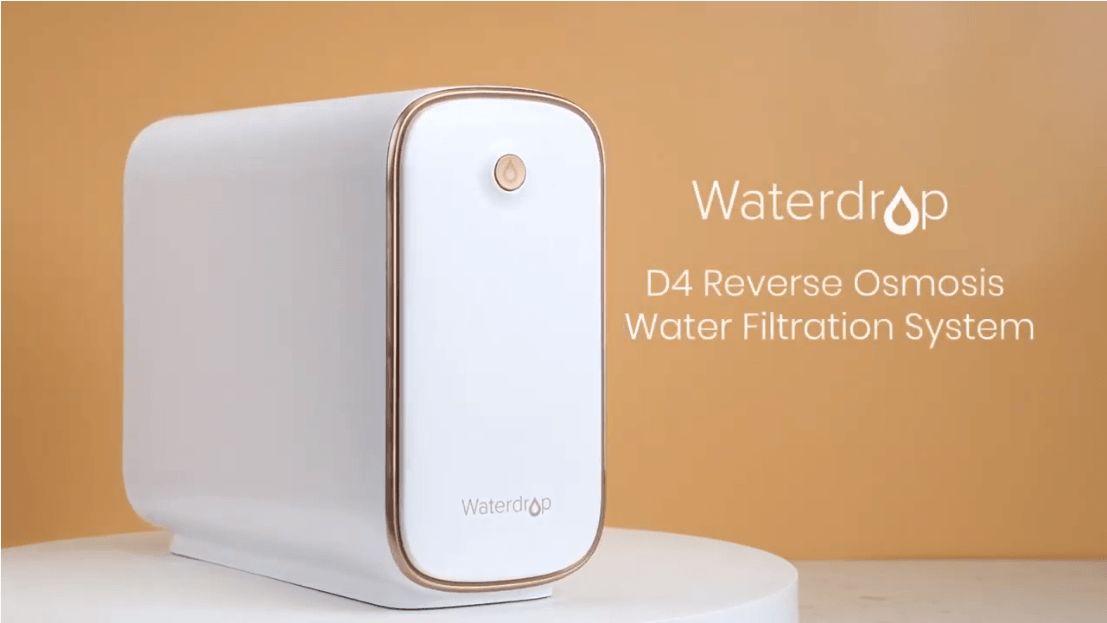Is there a better alternative to drinking bottled water? Is tap water actually safe enough to consume? Let’s explore the hidden dangers lurking within each bottle of water,and how you can provide your family with a healthier source of water.
Also Read: Why You Need to Stop Drinking Bottled Water?
A Scourge to Our Environment
On average, humans around the globe purchase nearly one million plastic bottles every single minute. Even more shocking, 91% of all plastic never even reaches a recycling center. Instead, plastic water bottles typically end up in landfills, or the ocean. This problem has reached such dire levels, in fact, that urgent steps are being taken to stop, and reverse plastic pollution.
Bottled Water Isn’t Necessarily Safer than Tap Water
Municipal water systems are required to send annual consumer confidence reports to every resident, according to the Safe Water Drinking Act. This report will tell you whether your tap water meets federal standards, and is also filled with information about test results, processing procedures. Unlike municipal water, the FDA regulates the production and distribution of bottled water. As such, bottled water beverage companies are not subject to the same reporting standards as municipal water treatment facilities.
How do I Ensure the Safety of My Tap Water?
Drinking filtered water, sourced directly from the tap, is one of the safest ways to control your drinking water. By investing in a Reverse Osmosis water purification system, you will be better equipped to enjoy safe drinking water, free of contaminants, parasites, chemicals, and more. Many RO systems utilize a membrane capable of removing contaminants with a filtration accuracy of 0.0001um. Depending on your system choice, you could soon be preventing your family from consuming: chlorine, heavy metals, fluoride, viruses, and bacteria. Check here to learn more about under sink reverse osmosis system.
Waterdrop Reverse Osmosis Water Filtration System
Plastic pollution aside, simply consider the carbon footprint of the act of simply driving to buy water. When you begin using a water filtration system instead, you’ll have access to clean, safe drinking water every single day, without the wait.
Bottled Water Has No Proven Benefits
Aside from the concentration of plastic pollution, there are a plethora of health concerns stemming from bottled water use. Experts have even begun finding toxic chemicals present within the contents of the most popular brands of bottled water. If chemicals are present within the bottled water, what do you think you’d be consuming? Would it scare you to learn of arsenic being tested and discovered in bottled water? In Massachusetts, residents were warned about bottled water being sold at CVS locations, known to contain PFAS.
Recently, 47 various brands of bottled water were tested by the Consumer Report. This test was comprised of 12 carbonated water options, and 35 non-carbonated bottled water. Several of these popular brands of bottled water were found to be well above the limit of toxic PFAS chemicals, as experts recommend. PFAS are also known as per-and polyfluoroalkyl substances, consisting of a group of man-made chemicals. These chemicals are used to resist oil, water, heat, and grease. Over time, PFAS begin to accumulate in the human body, leading to serious health conditions. The FDA has made comments against the extended consumption of such a substance. When consumed in large amounts, in lab animals, the two most popular PFAS chemicals caused birth defects and cancer, not to mention immunological effects, reproductive problems, and more.
In Conclusion
The most common mistake is the closely held belief that someone else will take care of the environment, solving the problem with a magical solution. Environmental pollution effects every single one of us, and the water crisis also continues to gain exposure. Only urgent action will help to prevent furthering the plastic pollution epidemic, in order to regain safe water sources for our planet. When we choose earth over plastic, everyone wins. Check here to learn more about tankless reverse osmosis system.
